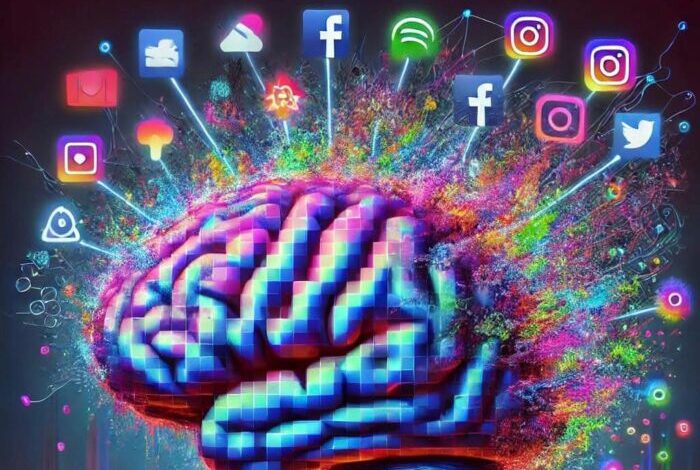The Negative Effects of Excessive Browsing on the Brain: Warnings and Calls for Digital Balance

Continuous Browsing and Its Impact on Brain Chemistry
Scrolling through social media posts has become a daily habit for many, but it is not without consequences for the brain. According to neurologist Doctor Bing, who shared his insights on Instagram, excessive browsing disrupts the brain’s chemical balance, affecting focus and mood.
Sefrou Press
Dopamine: Addiction to Instant Rewards
When browsing, the brain releases small amounts of dopamine, the hormone responsible for instant pleasure. Doctor Bing explained that the constant influx of notifications and short videos conditions the brain to rely on these quick rewards, making it harder to focus on activities that require sustained effort, such as reading or problem-solving.
Oxytocin: Decline in Social Bonds
Additionally, Doctor Bing noted that reduced physical interaction due to prolonged social media use leads to a decrease in oxytocin, the hormone linked to human relationships. Moreover, viewing idealized images of others online can increase anxiety and feelings of loneliness or inadequacy.
Mental Fatigue and Diminished Real-Life Enjoyment
Studies have confirmed that excessive screen time triggers an overproduction of dopamine, making real-life experiences, such



